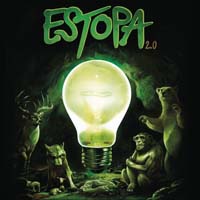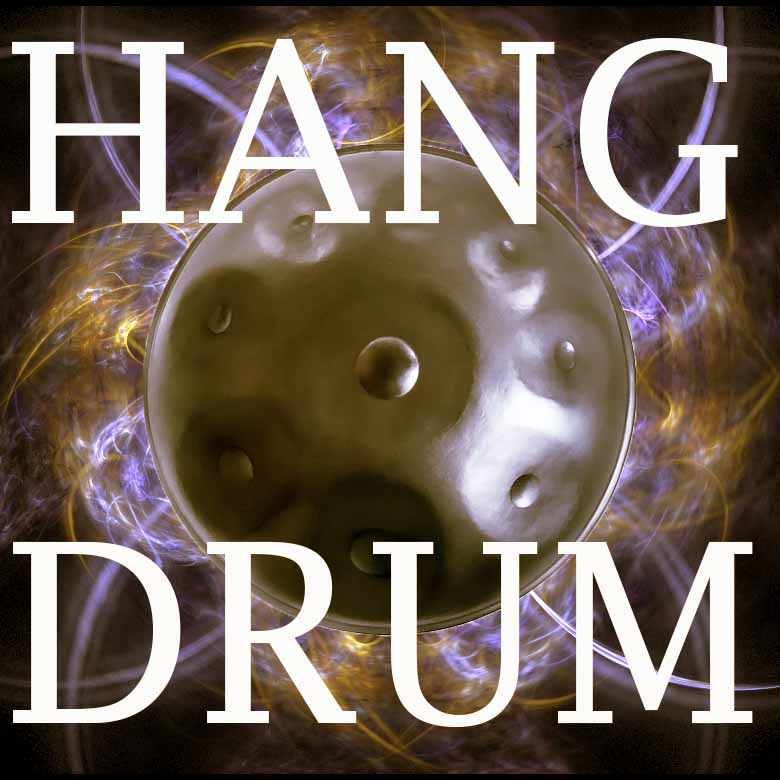Artist: Chambao Album: Pokito a poko
Year: 2005Duration: 0:0-1
Exploring the Music of Chambao: A Critical Review of the Album Pokito a Poko
Chambao, the beloved Spanish music group, has been making waves since their formation in 2001. Known for their unique blend of flamenco and electronic music, Chambao has been able to create a fresh, vibrant sound that has captivated audiences all around the world. In their third album, Pokito a Poko, Chambao showcases their signature sound while incorporating new elements and ideas. In this blog post, we'll delve into the music of Chambao, with a critical review of their album Pokito a Poko.
First, let's talk about the artist. Chambao was formed in Malaga, Spain, in 2001, and has since then remained a favorite of music lovers around the world. Their first album, Endorfinas en la Mente, was a massive success, with hits like Ahí Estás Tú and Despierta. Chambao's unique fusion of flamenco and electronic music set them apart from other artists in the Latin music scene, and has helped them gain a loyal following over the years.
Now, let's move onto the album. Pokito a Poko, which translates to little by little in English, was released in 2005, and was well-received by both fans and critics alike. The album features 12 tracks, with a mix of upbeat numbers and slower, more introspective songs. Chambao's signature sound is present throughout the album, with flamenco riffs layered over electronic beats.
Some of the standout tracks on the album include Con otro aire, Pokito a poko, and Duende del sur. These songs showcase Chambao's ability to seamlessly blend traditional flamenco sounds with modern electronic beats. Con otro aire is a particularly powerful track, with lyrics that speak to the struggles of change and transformation.
One of the most innovative parts of the album is the production. Chambao's use of electronic elements and synthesized sounds add a layer of complexity and depth to their music. The use of samples and loops creates a unique atmosphere that draws the listener in. The album also incorporates a range of instruments, from traditional flamenco guitar to keyboards and synthesizers.
Now, let's move onto the criticism. While Pokito a Poko is undoubtedly a fantastic album, there are a few areas where it falls short. The album doesn't quite flow as well as it could, with some tracks feeling disjointed from the rest. Additionally, some of the songs feel a bit repetitive, with Chambao relying on their signature sound a bit too much at times.
In conclusion, Pokito a Poko is a fantastic album that showcases Chambao's unique sound and creativity. Despite a few flaws, the album is a must-listen for any fan of flamenco or electronic music. Throughout the years, Chambao has continued to evolve and grow, and their music remains as fresh and exciting as ever. If you haven't already, give Pokito a Poko a listen – you won't be disappointed!
In conclusion, Pokito a Poko is a fantastic album that showcases Chambao's unique sound and creativity. Despite a few flaws, the album is a must-listen for any fan of flamenco or electronic music. Throughout the years, Chambao has continued to evolve and grow, and their music remains as fresh and exciting as ever. If you haven't already, give Pokito a Poko a listen – you won't be disappointed!
Other #Rumba albums:
SIMILAR BANDS
balls, from 1 to 5, describe similarity between the two bands
SOMETHING NEW? LISTEN TO RADIOGENRE
SUGGESTED PLAYLISTS













 Italian rock
Italian rock Funk
Funk Rap
Rap Minimal dub
Minimal dub Hard rock
Hard rock Estremometal
Estremometal Hang Drum
Hang Drum Italian Rap
Italian Rap Tuning
Tuning Garage house
Garage house The very best of electronica
The very best of electronica The very best of rockabilly
The very best of rockabilly Old skool hip hop
Old skool hip hop The anonymity of the garage punk
The anonymity of the garage punk The very best of ska
The very best of ska Boom, the explosion of dubstep!
Boom, the explosion of dubstep! The very best of jump up
The very best of jump up The very best of dub
The very best of dub Alternative metal bands
Alternative metal bands The third eye
The third eye